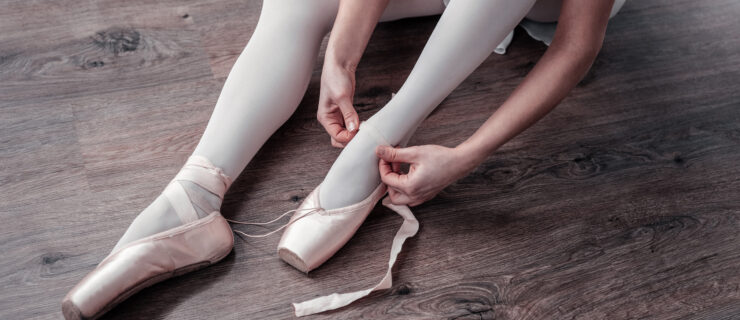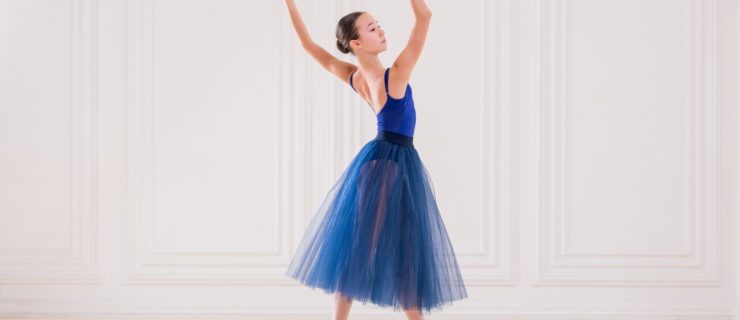Ask Amy: How Do You Become a Dance Writer?
How do you become someone who writes about dance, either for a newspaper or a magazine? Do you need a specific degree?—Arianna
Take it from me—writing is a fantastic way to deepen your understanding and connection to the dance world! And, like any other field, it takes training and time to develop professional-level skills. I took a pretty standard route: While I was still dancing, I pursued a BA in English with a minor in journalism. An internship with Dance Magazine led to small writing projects, and I gradually gained larger assignments (including this column!) with various dance publications over the next several years as I became more experienced.
Many dancers set up their own blogs, which can be a fantastic outlet and a safe space to hone your writing skills. You can use it to write reflections on dance, reviews on performances, interviews with dancers that interest you or anything else you wish.
But even if you have a natural knack for writing, editors want to see that you’ve studied journalism at a college level. You may also want to try writing for your school newspaper to get a head start. Newspaper and magazine articles are structured very differently than research papers or blog musings; they must be very concise and narrowly focused to fit within the confines of the page (which is harder than it seems and takes practice). You also need to develop strong research, reporting and interviewing skills. And supplemental courses in English, creative writing, arts criticism and dance history will help you think more critically and creatively, while internships with a newspaper or magazine will give you firsthand knowledge of the industry, as well as professional references and (more importantly) connections.
Most arts writers are freelancers, so be prepared to hustle. That means contacting editors, formally pitching your ideas to them and providing them with samples of your work. Make sure you are familiar with the publications you’re reaching out to and who their primary audience is. Like dance, there’s a lot of rejection and critique. But if they like you, it could mean more regular work down the line—and your dance experience already gives you a huge advantage.





